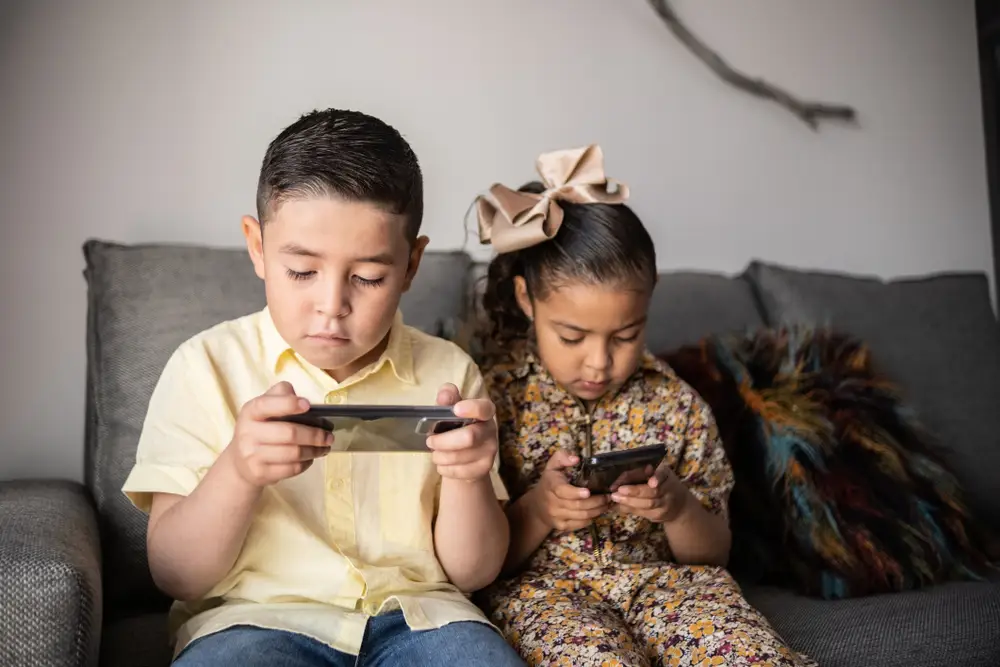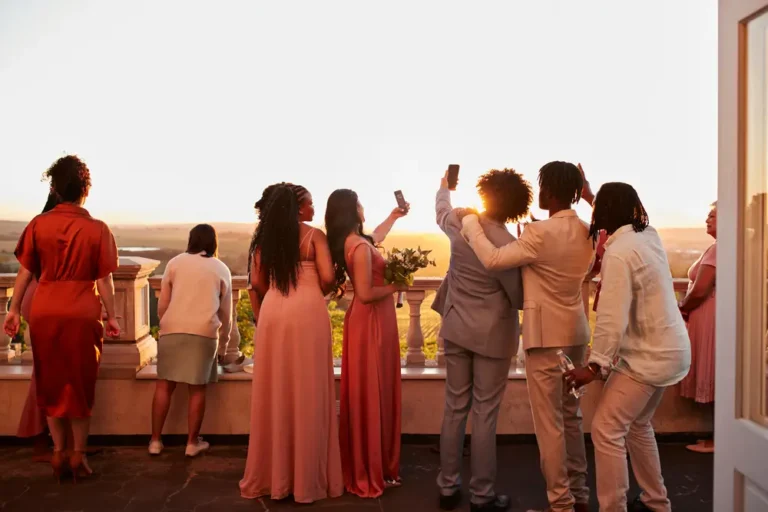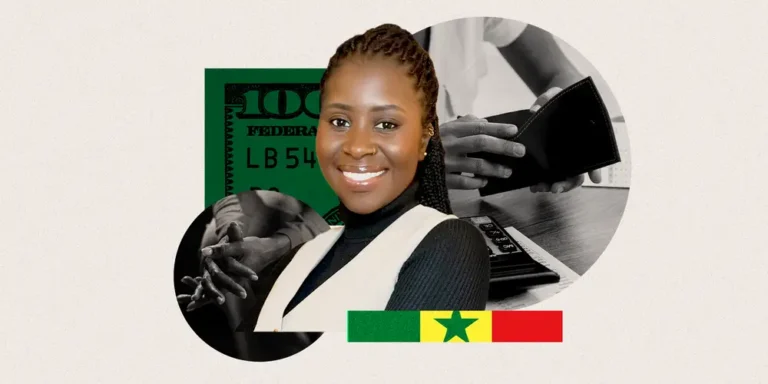I gave my kids cellphones when they were 6 and 9. I needed to stay in touch after divorce.

The author gave her kids phones so she could stay in touch with them while they were at their dad’s house.
After the first year of being divorced, I knew my two kids needed their own phones. It was becoming increasingly difficult to connect with my elementary-aged kids while they were with the other parent.
Adjusting to sharing time with them week to week meant long gaps of time without talking to my kids. This was heartbreaking not only for me but also for my kids.
Whenever I asked my ex how the kids were doing and if I could talk to them, even for a few minutes, it started a huge argument. He gave me a time slot on certain days when I could call and talk to my children. I knew this situation wouldn’t improve, and I had to do something about it, so I got them both phones.
I would’ve waited longer had it not been because of the divorce
If we had stayed married, I might have waited a few more years to give my kids their first phones, but as a divorced parent, the phone was a must-get. I’ll never forget the relief I felt when my kids had their first phones.
My daughter got her first phone in first grade. My son was in fourth grade. Phones are not a one-size-fits-all situation, and I know the thought of phones and kids can be scary for a lot of parents, but for me, I only wished I had gotten my kid’s phones earlier.
Now, I can talk with my kids daily without a middleman. I could send them my love in a simple text with a sunflower or tulip emoji for my daughter or a soccer ball for my son. I could send pictures of a memory from the week before. I could share silly jokes to make them smile, and my caring words would be like a virtual hug.
We text all the time now
My daughter texts me about everything, and I’ll admit I love it. She texts me how she feels, when she has a tummy ache, and shares a video she saw on YouTube that is cute or funny.
She types longer messages than my son, who is now almost 12 and typically replies with a “Good” or just the letter “K.” He texts longer messages when he needs something, such as asking me to bring him 10 dollars or a new pair of socks when he is at a friend’s house. Or he’ll send a text about staying after school for an hour so he can hang out with his friends.
Text messages have been a way for me to send positive words to my kids when I’m not with them. I also always remind them to keep their phones charged and include a reminder to keep the battery life above 50%.
In our case, phones are good for them
I believe having a phone helps my kids’ mental health because it keeps us all connected anytime, anywhere.
Three years later, although my kids use their phones daily, I do not believe they are having a ”phone-based childhood.” Their phones have lowered my anxiety and stress as a parent, too.
It has made scheduling so much easier, and I don’t stress about pick-ups and drop-offs anymore. They have some independence while also being able to reach me if they need me.
But I also set boundaries. I remind my kids weekly not to share their real names, addresses, and personal information when they play games like Roblox or Minecraft on their phones. Also, because of their ages, I check my kids’ phones often, and I make sure the apps and content they are engaging with are age-appropriate.
I can set screen time boundaries at my home, but I also know there will be different rules at their father’s home.
During the school day, my kids spend most of their day unable to use their phones. They sit in their backpacks until after homework, dinner, and their extracurricular activities. There are only around 30 minutes after dinner plus the time in the car back and forth to and from their activities to be on their phones.
Honestly, it isn’t much compared to how much I’m on my phone each day.






